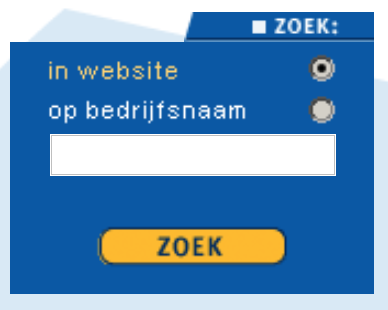Recent research by the NOS shows that companies use data from the Dutch Chamber of Commerce (KvK) to approach targeted self-employed on Facebook. Small entrepreneurs and self-employed without employees then see ads in their Facebook account based on their registration at the Chamber of Commerce. By opening up the company register as open data, the Chamber of Commerce is forced to protect personal or personally identifiable information.
Open State Foundation had advocated for a long time that the public company register should be fully publicly funded and that the data should be freely re-usable for everyone. What does this mean for the privacy of self-employed? The fact that the trade register has not been freely accessible up to now is because the Chamber of Commerce uses the company register to finance all kinds of (other) activities and because personal data of self-employed persons are included in the company register.
Not only the inclusion of self-employed without employees is an important barrier to free access to the trade register, but the financing is seen as an obstacle to the opening up of the company register as open data. The company register is funded on the one hand by the Ministry of Economic Affairs with public money and in addition the Chamber of Commerce is forced to generate income with the sale of data. This is a perverse incentive and leads to an unnecessary and undesirable situation.
The Dutch Chamber of Commerce is itself little transparent about what the realisation of the company register actually costs. Open State Foundation therefore requested access to the actual income and costs of implementing the trade register via a FOIA request in February.
At present, a review of the Dutch Company Register Act is being discussed in the House of Representatives. A unique opportunity for the parliament to arrange things different for now and in the future.

